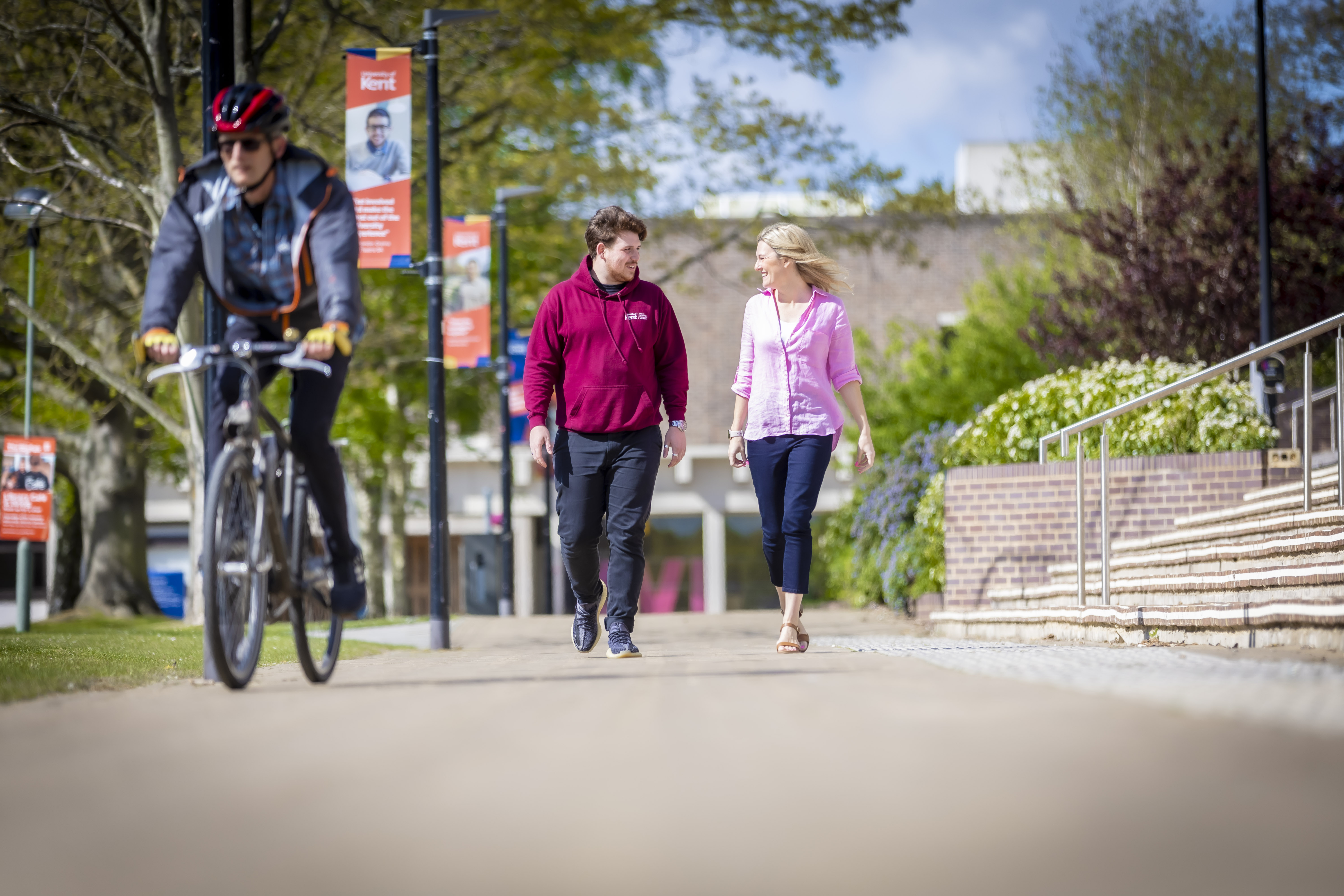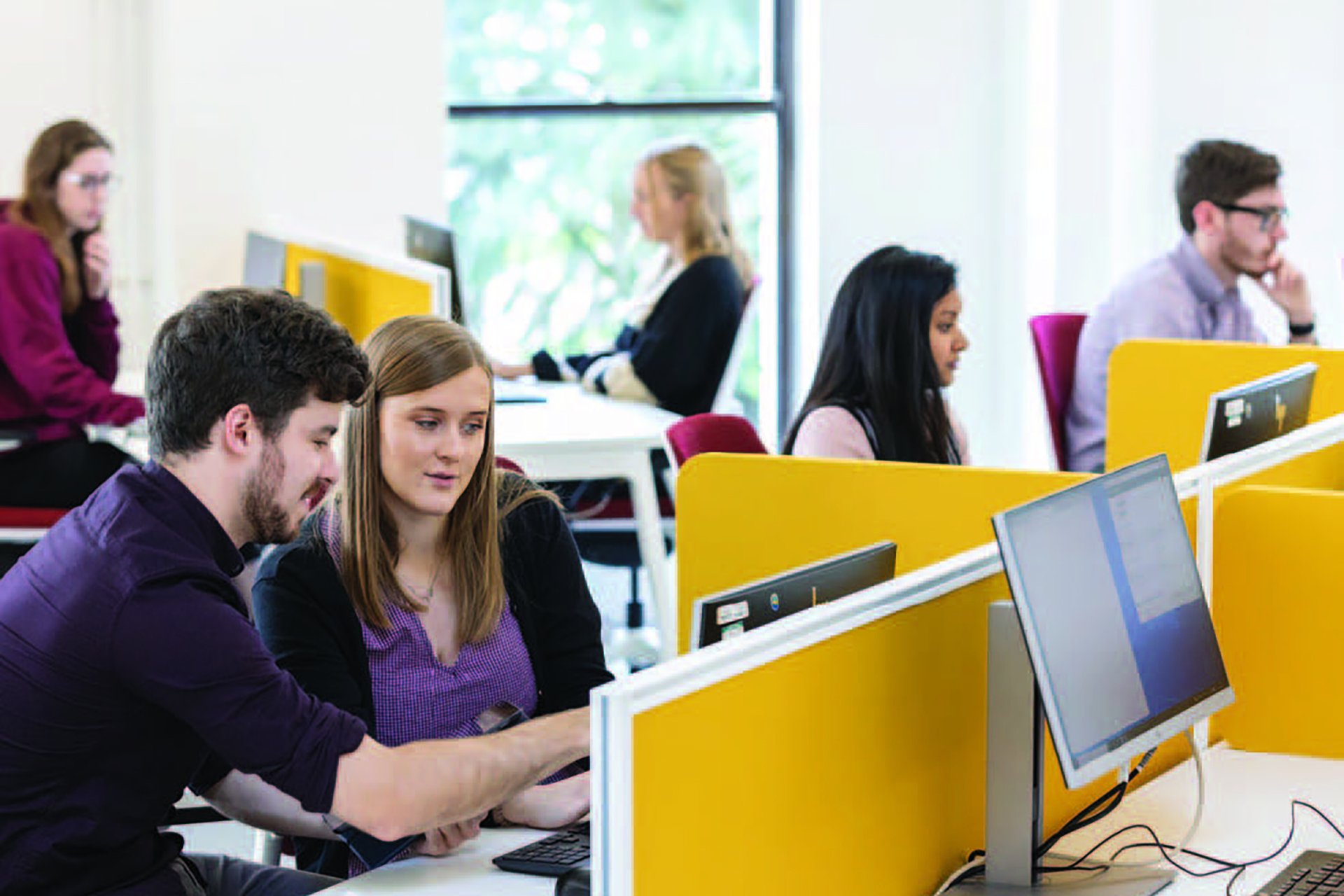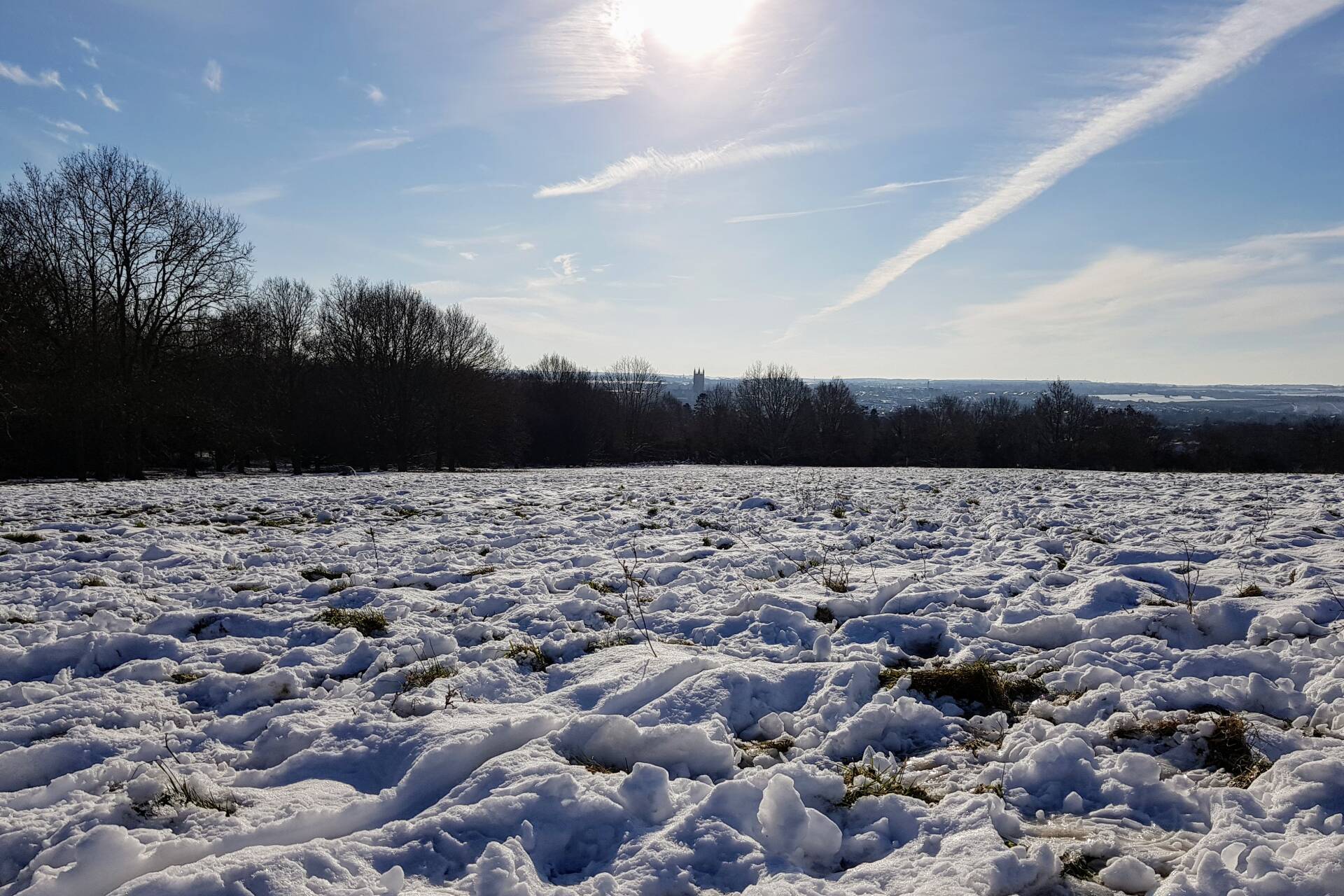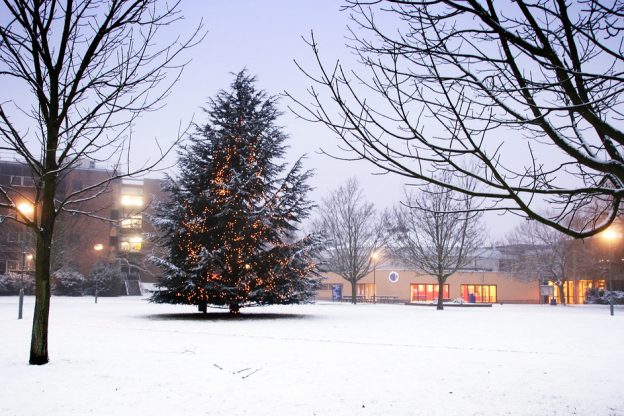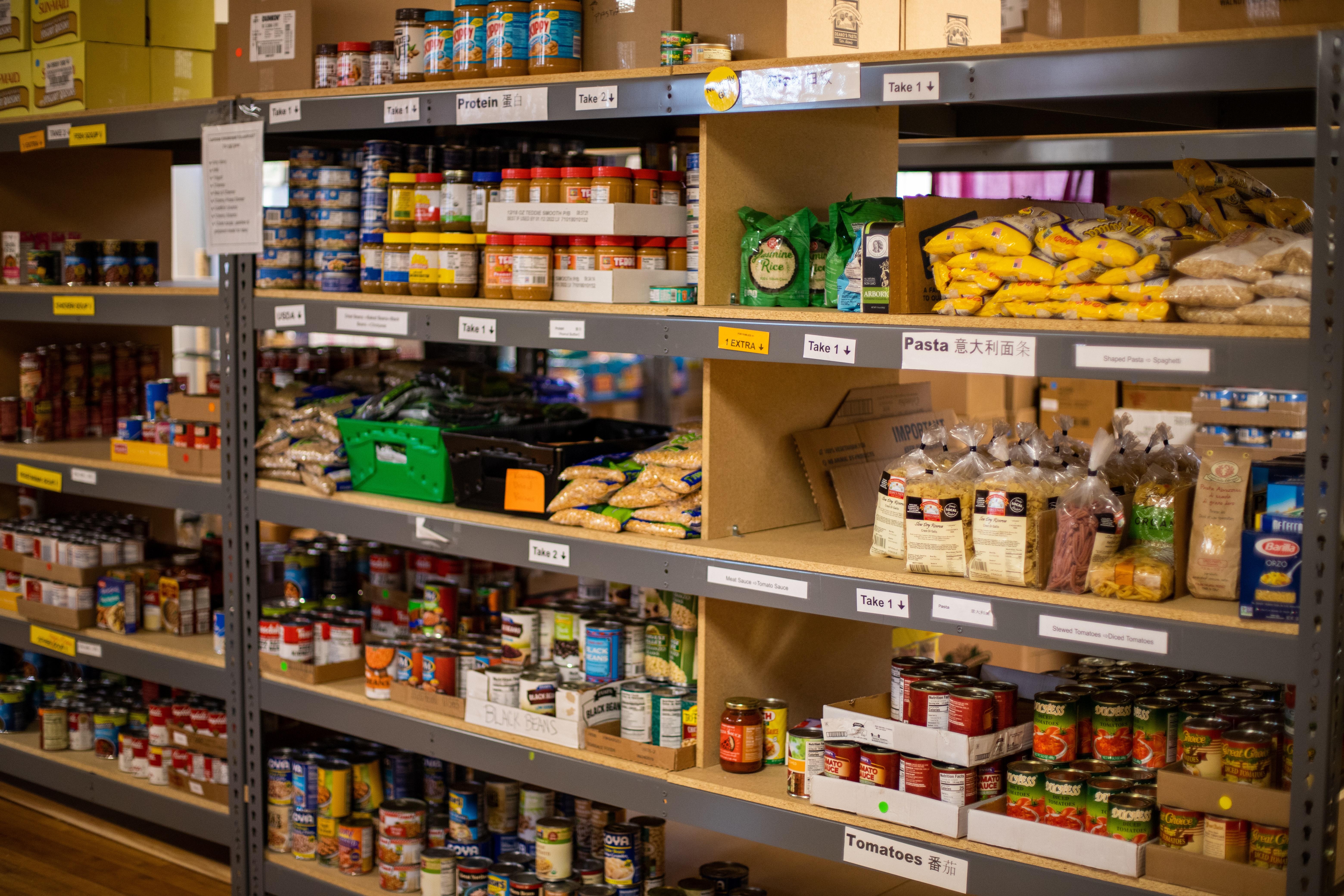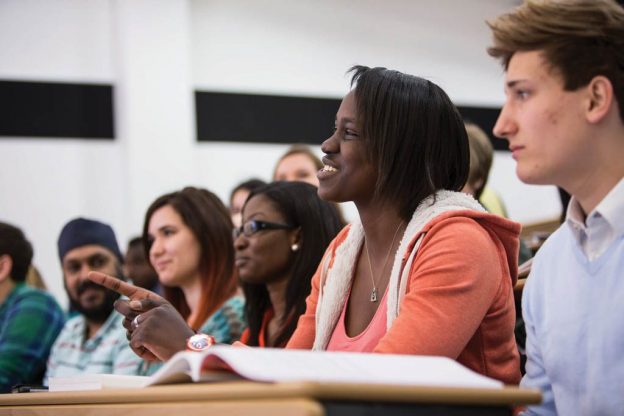We are currently inviting applications for Director of the Institute of Health, Social Care and Wellbeing (iHSCW), on a fixed-term basis (3 years). To apply, fill in a short form and upload a CV and Cover Letter.
Institute of Health, Social Care and Wellbeing (iHSCW) will be promoting multi and interdisciplinary research and teaching activities in the field of health, social care and wellbeing.
The University of Kent is establishing an Institute of Health, Social Care and Wellbeing (iHSCW) as a university-wide hub to promote multi- and interdisciplinary research and teaching activities in the field of health, social care and wellbeing. Building on existing strengths at Kent in health and social care, iHSCW will serve as a major regional catalyst for the highest-quality research, knowledge exchange, and education. It will lead a step change in the University’s activities in this field, regionally, nationally and globally, providing leadership and a scaled-up approach across the three pillars of the University’s activities, with a particular emphasis on building partnerships with external stakeholders and securing external funding to support research and innovation that can contribute significantly to addressing challenges in health, social care and wellbeing.
iHSCW will support the University’s civic mission by addressing significant regional needs and challenges in health and social care.
Working in close collaboration and partnership with external stakeholders across Kent and Medway, including the Integrated Health Boards (ICBs), Public Health departments, local authorities, health and social care providers and commissioners, business and industry, policy-makers, post-16 education providers, and the wider community, iHSCW will support the University’s civic mission by addressing significant regional needs in health and social care, particularly those in coastal towns and communities. Mobilising the University’s current resources and research expertise in the field, and building on those resources, iHSCW will focus in particular on the prevention of ill-health, both physical and mental, and on interventions and other strategies (including educational) designed to increase opportunities for lifelong health.
As a hub for research, innovation and education in health and social care, iHSCW will bring together researchers and educators across the University to work together on larger collaborative funding applications, as well as the development of intellectual property (IP) and spin-outs, involving those from across the arts, humanities, and medical, natural, and social sciences. The Institute will work with academic Divisions to ensure coherence and oversight to our education and training provision, ensuring that any future offer is responsive and aligned to external stakeholder needs.
The Institute will thus ensure that the University plays a major role in addressing health and social care challenges in the region and beyond, though research, innovation, and knowledge exchange, education, and civic engagement, generating significant income to support its activities.
